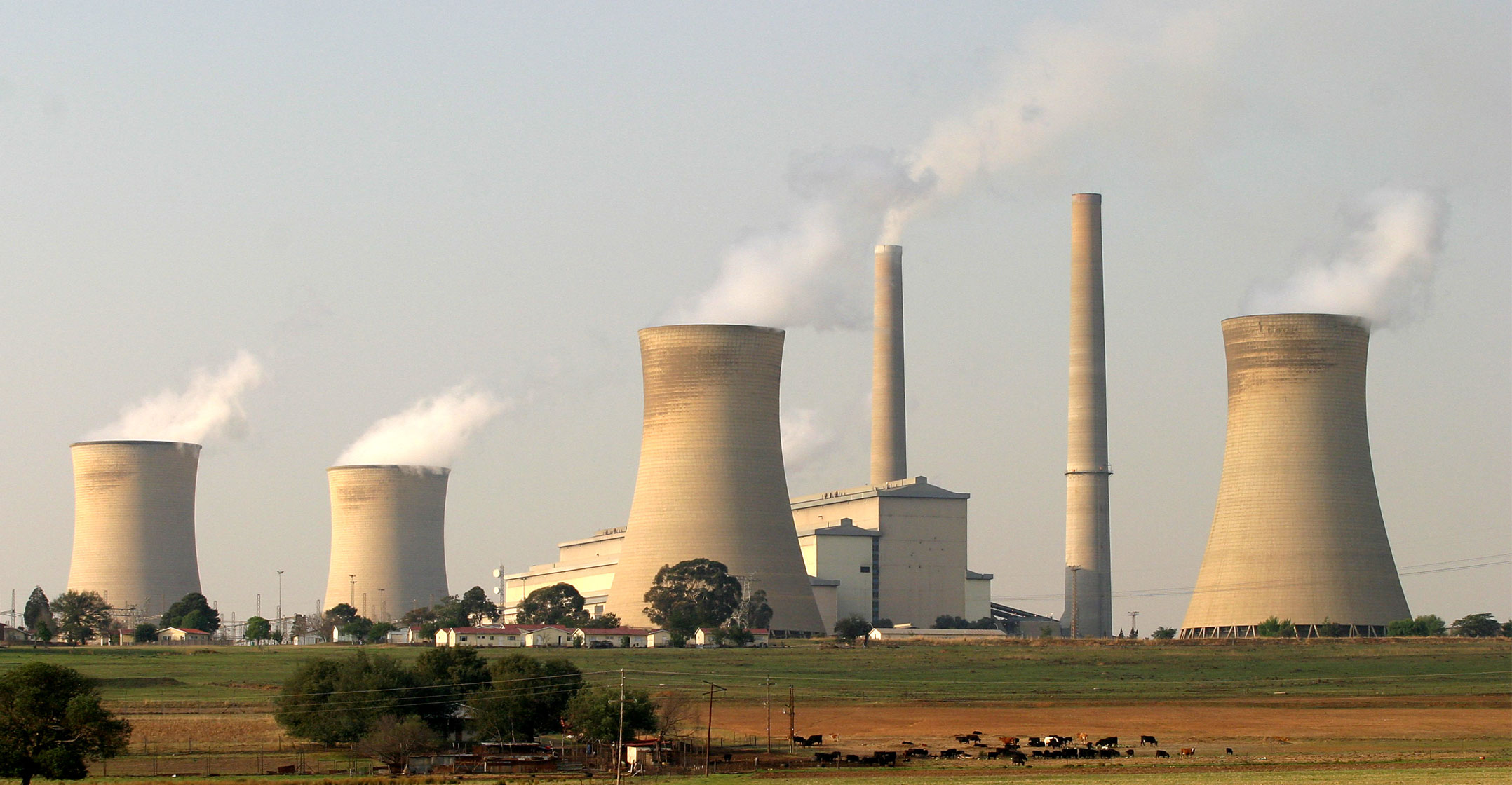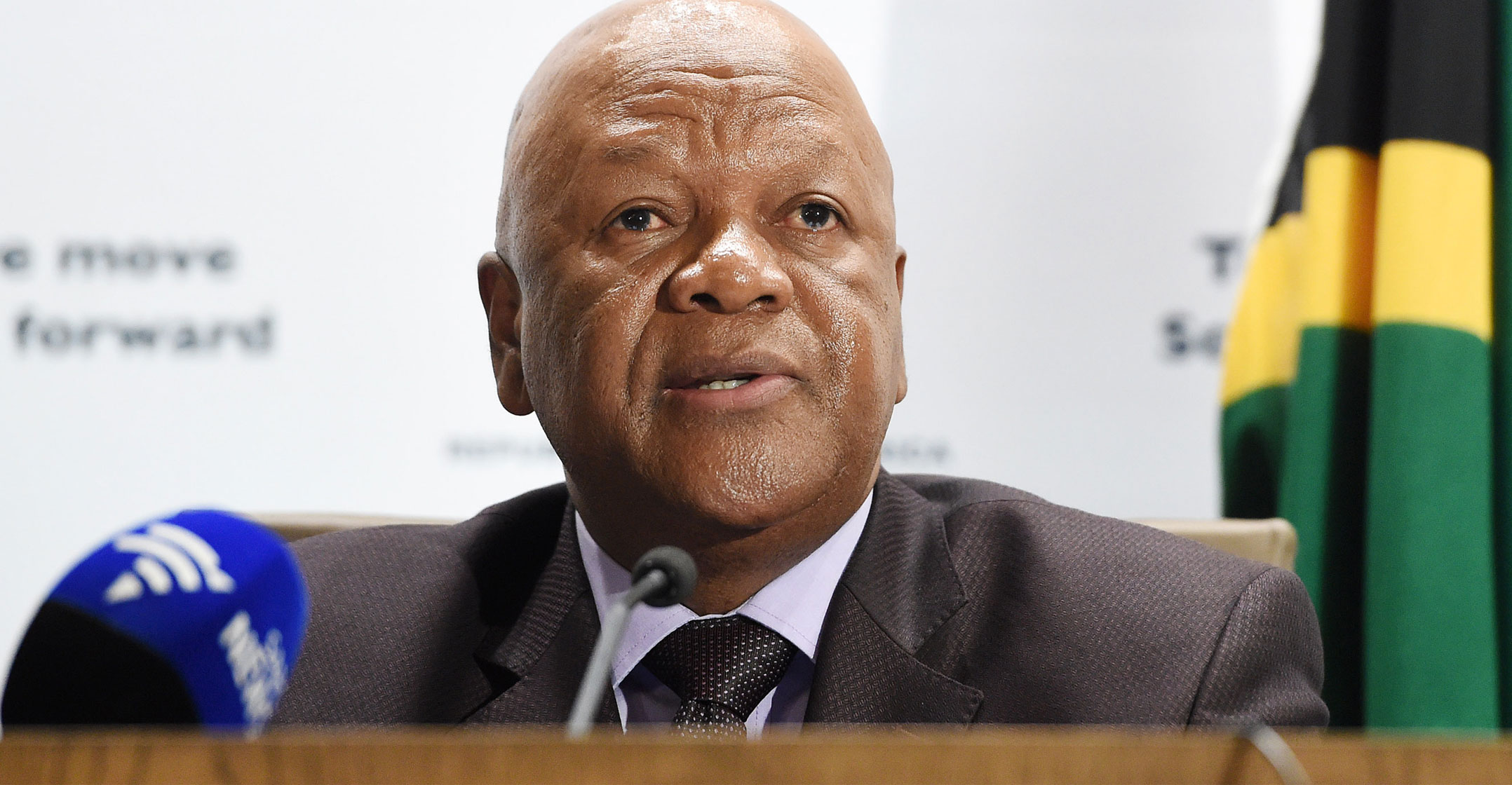 South Africa is looking to spend billions of rand to secure energy from mega-projects on the continent at a time when state power utility Eskom is broke and struggling to supply enough electricity.
South Africa is looking to spend billions of rand to secure energy from mega-projects on the continent at a time when state power utility Eskom is broke and struggling to supply enough electricity.
The government has signalled a willingness to buy 5GW of power from a planned US$18-billion (R240-billion) hydropower project in the Democratic Republic of Congo, double what it agreed to take in 2013. It also wants to bring natural gas from fields off the shore of northern Mozambique to Gauteng, possibly via a 2 600km pipeline that could cost as much as $6-billion.
While South Africa desperately needs to fix a power deficit that’s resulted in rolling blackouts, curbed economic growth and stifled investment, its import strategy is a risky one. Both Congo and northern Mozambique have been plagued by political instability that could delay or derail their projects. If they do come off, that could trigger significant capital outflows and counter an inward-investment drive led by President Cyril Ramaphosa.
“South Africa’s involvement in continental mega-projects is spurred by the government’s foreign-policy objective,” said Darias Jonker, director for Africa at Eurasia Group. “The commitment towards these projects is thus motivated by political and ideological reasons, rather than sound business decision-making.”
Large-scale energy projects within South Africa have been a drag on the economy. Eskom, which supplies more than 90% of the nation’s power, is building two of the world’s largest coal-fired power stations that should add 9.6GW to the national grid once complete. The Medupi and Kusile plants were supposed to be fully operational by 2015, but are running years behind schedule and their projected cost has more than doubled to R292-billion.
Grand Inga
Congo’s Grand Inga project, which is eventually intended to harness as much as 40GW of electricity from the Congo river, appears even more precarious — it’s been in the offing for more than a decade but its development has been repeatedly stalled. In October, Congo’s government named Chinese and Spanish groups as co-developers of the first phase — an 11GW facility known as Inga 3. About 3 000km of power lines spanning multiple borders will have to built for it to supply South Africa and the distance will result in transmission losses.
The option of piping gas to South Africa from offshore northern Mozambique was first mooted five years ago, but there is no clear indication that the project will get the go-ahead, despite energy minister Jeff Radebe having given it his backing. Mozambique’s government and China Petroleum Pipeline Bureau have been mentioned as possible investors.
The government’s ambitions of sourcing energy from other African countries aren’t limited to electricity — it’s also signed an agreement to invest $1-billion in oil projects in South Sudan, which is emerging from a civil war.

With Ramaphosa aiming to lure $100-billion in investment for South Africa over the next five years, and with $25-billion directed at the energy industry, the government’s interest in projects abroad could be sending a wrong message, according to Mike Schussler, chief economist at research group Economists.co.za.
“South Africa better not advertise its investment from the government side in more and more projects, or big projects, or in other countries when we’re failing to attract our own investment,’’ Schussler said.
Foreign direct investment inflows into South Africa slumped to $1.37-billion dollars in 2017, the least since 2006, World Bank data shows, largely due to the policy missteps and corruption that prevailed during Jacob Zuma’s presidency. The ruling party forced Zuma to step down in February last year and replaced him with Ramaphosa, who’s made reviving the flagging economy a top priority.
Economic growth remains weak and confidence has retreated after an initial surge. FDI flows showed an improvement for the first three quarters of 2018.
South Africa’s negotiations with Congo about securing power from Inga are ongoing and commercially sensitive and it would be improper to publicly comment on them, while options for purchasing gas are being costed and no decision has been made about sourcing, Radebe’s office said in an e-mailed response to questions. The country is interested in investing in several oil-producing countries to secure its fuel supply, and feasibility studies still have to be done to determine how much will be spent, it said.
The investment process followed by the government thus far has been lacking and hasn’t taken South Africa’s energy needs into account, according to Jonker, the Eurasia analyst.
“There is often a lack of sound due diligence or project planning before the official commitment is given, usually during a high-level visit and elaborate signing ceremony of some kind,” he said. — Reported by Paul Burkhardt and Mike Cohen, with assistance from Rene Vollgraaff, (c) 2019 Bloomberg LP

